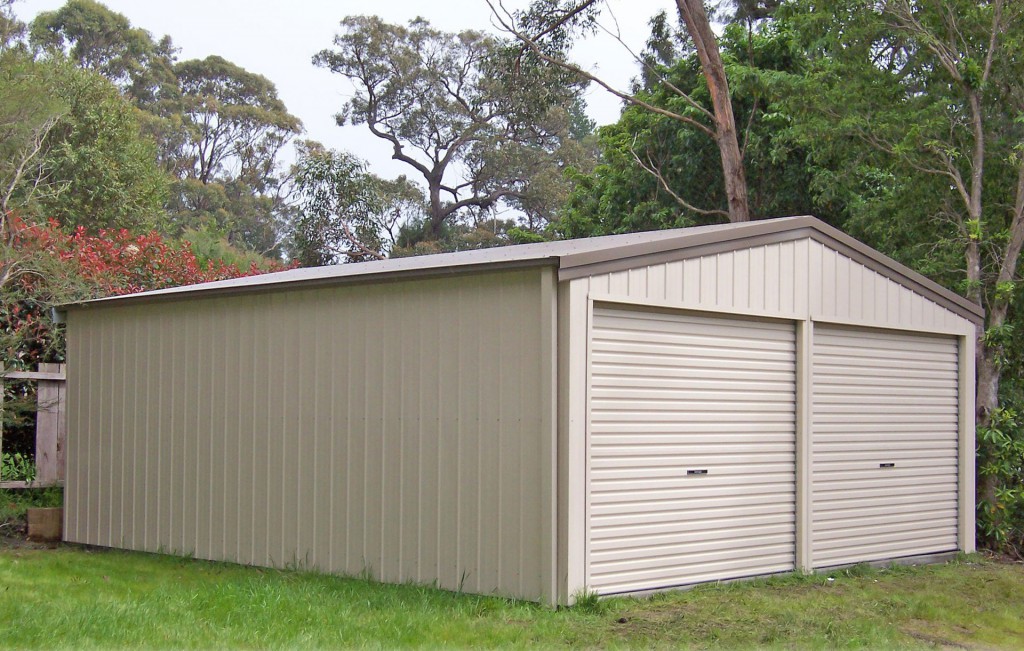There are a number of reasons why you might need to ask a tenant to vacate. It could be due to non-payment of rent, breach of one of the terms of the tenancy agreement or simply that you need to move back in or want to sell the property in question. Irrespective of the type of property agreement that you have in place however, you need to comply with the relevant legal process.
Most properties are let on the basis of an assured short-hold tenancy. Where this is the case, the Housing Act 1988 gives two main ways of regaining possession. Section 21 of the Act gives a landlord the automatic right to regain possession at the end of the fixed term. Section 8 of the Act allows a landlord to seek possession if the tenant has breached specific terms of the agreement — for example, if they have not paid their rent or are engaged in anti-social behaviour.
Housing Act Section 21
Section 21 is used when a landlord wishes to regain possession at the expiry of the fixed term and where the tenant’s deposit is held in an appropriate deposit scheme. Two months’ written notice needs to be given to the tenant so if you require possession at the date of the tenancy’s expiry you must give written notice two months before.
In the event that the tenant refuses to vacate, you will need to apply to the courts and obtain a possession order. Where a Section 21 notice has been correctly issued, you can ask for an accelerated court procedure to take place. The court will make its ruling on the basis of the paperwork, without the need for a formal hearing.
The court can order your tenant to vacate the property within 14 days, although it can grant up to 42 days if vacating earlier would cause the tenant extreme hardship. To use this procedure there must be a tenancy agreement in place, there cannot be rent arrears and you must have given the required two months’ notice to the tenant.
Housing Act Section 8
If you want your rental property back for any other reason, you may be able to rely on Section 8 of the Housing Act. This allows you to seek possession at any point during the term of the tenancy if the tenant has failed to pay rent, has breached the terms of the tenancy agreement or if they have engaged in anti-social behaviour.
It is important to be aware that you are still required to give notice to the tenant. This will need to be between two weeks and two months, depending on the reason you are seeking possession. You will need to issue the tenant with a formal Section 8 Notice and, if they do not vacate, apply to the courts for a possession order. If the tenant still refuses to leave following the granting of a possession order, you can apply for a warrant of possession and a bailiff will be instructed by the court to evict the tenant.



